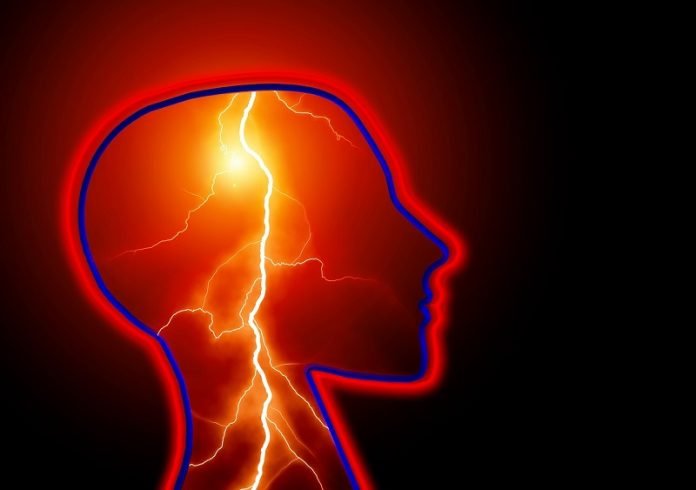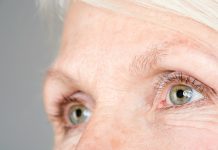
Stroke can have many causes.
An atherothrombotic stroke is caused by a clot that forms from plaques that build up within blood vessels in the brain.
In a new study from Tokyo Women’s Medical University, researchers found that even if people take statin drugs to lower triglycerides, a type of fat in the blood, patients who have atherothrombotic stroke still have a higher risk of having another stroke or other cardiovascular problems one year later after the first stroke.
Elevated triglyceride levels are thought to contribute to the hardening of the arteries and increased risk of heart attack, heart disease and stroke.
In the current study, the team examined 870 people who had a stroke or transient ischemic attack. Their average age was 70.
Of those, 217, or 25%, had elevated triglyceride levels, defined as fasting triglycerides levels 150 milligrams per deciliter or higher.
Researchers followed up with the participants one year later to find out if there was an association between high triglyceride levels and having another stroke, acute coronary syndrome.
After adjusting for factors like cholesterol level and statin use, researchers found that people who had high triglyceride levels had a 21% greater risk of death, stroke or heart condition one year, compared to 10% greater risk for those with lower levels.
When researchers looked specifically at people who had another stroke after an atherothrombotic stroke, they found that 14 out of 114 people with normal triglyceride levels, or 12%, had one during the study, compared to 33 out of 217 people, or 16%, of those with elevated levels.
For acute coronary syndrome, one out of 114 people, or 0.9%, with normal triglyceride levels developed the heart condition one year after an atherothrombotic stroke, compared to five out of 60, or 8%, of those with elevated levels.
The findings suggest that for people who had atherothrombotic stroke, having elevated levels of triglycerides in their blood is a risk factor for having another stroke or other cardiovascular problems in the future.
This is true even if the patients are on statin therapy which could reduce the level of triglycerides in their blood.
The good news is that statin medications are just one therapy for high triglycerides—diet and exercise can also be effective ways to reduce the levels in your blood at little or no cost.
If you care about stroke, please read studies about what are ideal blood sugar levels for preventing repeat strokes, heart attacks, and drinking coffee this way can help prevent stroke.
For more information about brain health, please see recent studies about 5 critical steps to help prevent a stroke, and results showing common prescribed drugs may increase stroke risk by 60%.
The study was conducted by Takao Hoshino et al., and published in Neurology.
Copyright © 2022 Knowridge Science Report. All rights reserved.



